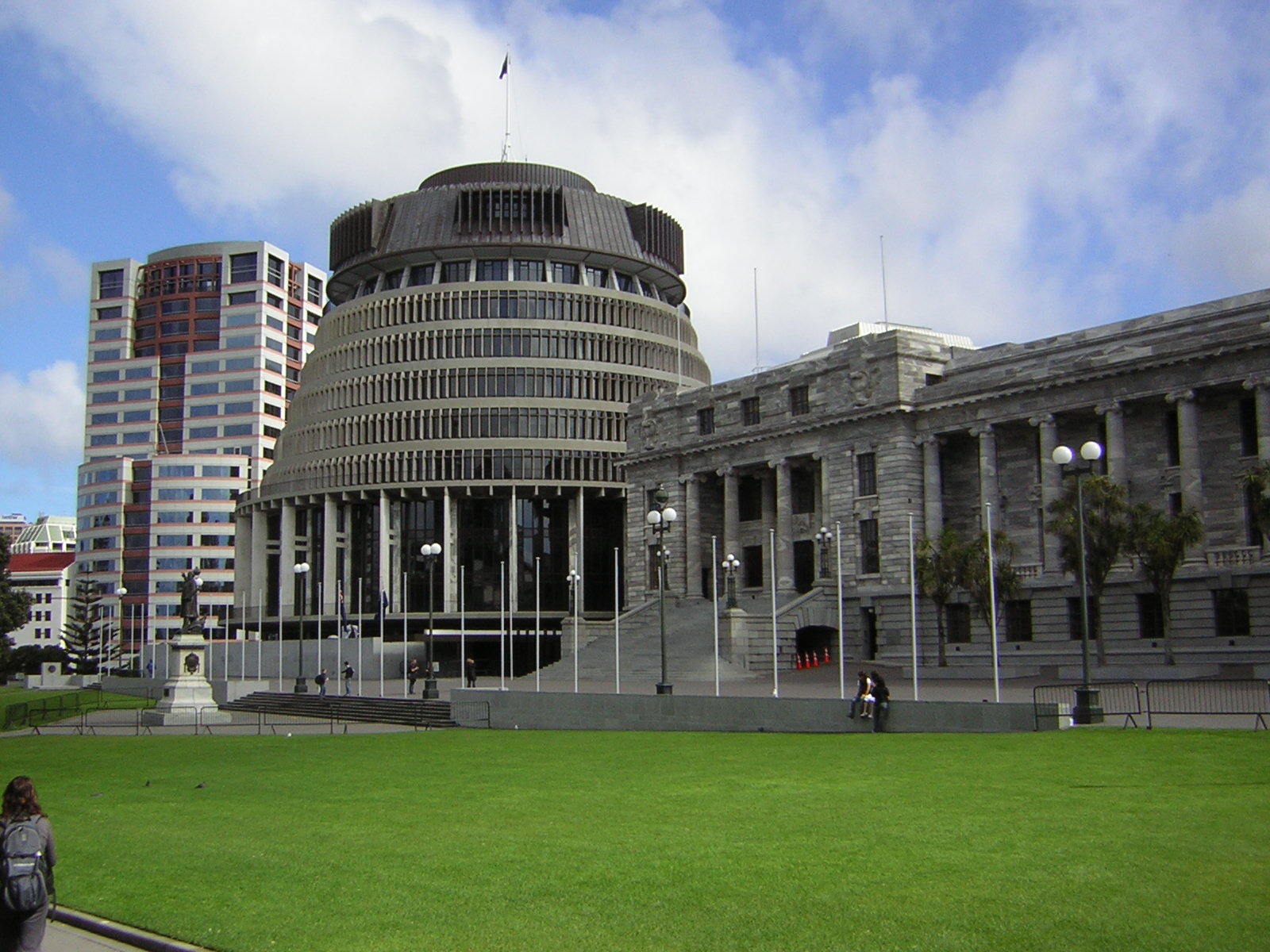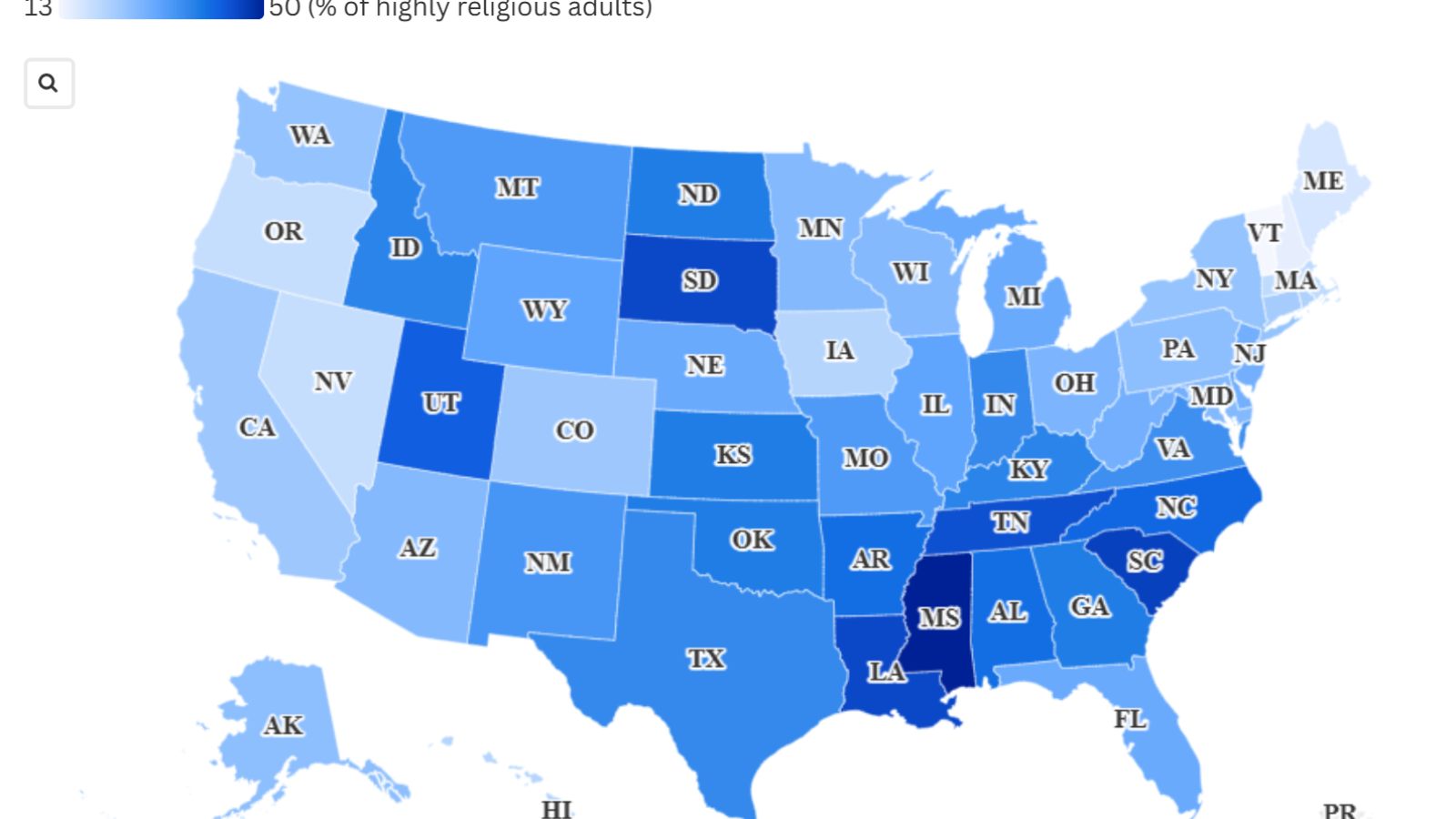By Craig Page
Copyright farmersweekly

Reading Time: 2 minutes
A lesson for the government: it pays to do your homework before playing around with the school curriculum.
The Education Ministry’s plan to scrap agricultural subjects from the secondary school curriculum lasted just five days after anger from within the sector, and a realisation that those subjects have a vital role to play in developing New Zealand’s future primary sector leaders, prompted a very quick rethink.
On September 11, Education Minister Erica Stanford unveiled plans for Year 11-13 pupils that included curriculum-based subjects around science, technology, engineering and mathematics. But those wanting to focus on agribusiness, agriculture and horticulture science were out of luck. They were told it would no longer be a stand-alone curriculum subject and would be taught as an industry-led subject.
The announcement caught schools and the primary sector by surprise.
A feeling of disbelief quickly turned to anger and there were plenty of hastily arranged meetings among those impacted. Plans were underway to take the government to task over the rural snub.
Agri education leader Kerry Allen, the agribusiness curriculum director for the Agribusiness in Schools programme, called the decision naive.
She said agribusiness is “the basis of New Zealand’s economy and while we do need vocational (industry-led) pathways, it is not the only pathway into the primary sector”.
“It will have a flow-on effect, that being we won’t get some going through into universities and there might not be the academic breadth that they need to be able to run multimillion-dollar businesses.”
But last Tuesday, just five days after the changes were unveiled, the government backtracked.
With Stanford out of the country, it was left to the Ministry of Education to make the announcement, confirming it had reviewed and revised its advice on the future of agricultural and horticultural science.
Pauline Cleaver, Hautū Taupua acting deputy secretary, Te Poutāhū MoE Curriculum Centre, said they received strong feedback from educators, industry and communities. As a result the Ministry acted to make sure the subject remains accessible, valued and aligned with student pathways into the primary industries.
“This reflects the subject’s specialist scientific nature and the conclusion that it would not be adequately covered through other science subjects or the primary industries subject. The subject will be developed alongside other science disciplines to maintain curriculum coherence and support progression from Year 11 science.”
So in the end common sense prevailed. The anger generated by the announcement clearly prompted the government to look more closely at what actually goes on in schools.
It seemed a staggering decision to cut agriculture and horticulture, particularly as the government has repeatedly talked up the importance of the primary sector to the economy and its ambitious plan to double the value of exports by 2034.
For that to succeed, investment is required at the grassroots level. Well-qualified people are vital to driving primary production and exports – from people getting their hands dirty on farm each day to those in offices and laboratories.
Some in the industry have thanked the government for its change of heart, and its ability to listen to the people.
In reality, had officials done their homework before deciding which subjects to scrap, this sorry saga could have been avoided.



